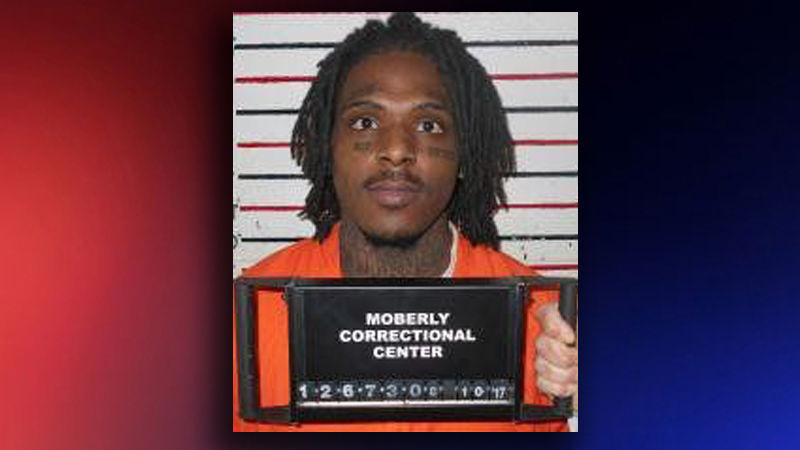

Prohibition also meant the emergence of a black market, operated by criminals and marked by violence. It meant that, suddenly, people were arrested and jailed for doing what they had previously done without government interference. That did not mean, however, an end to drug use.

Alcohol prohibition quickly followed, and by 1918 the U.S. In 1914, Congress passed the Harrison Act, banning opiates and cocaine. All of these drugs were also used recreationally, and cocaine, in particular, was a common incredient in wines and soda pop - including the popular Coca Cola.Īt the turn of the century, many drugs were made illegal when a mood of temperance swept the nation.

In the late 19th century, marijuana and cocaine were put to various medicinal uses - marijuana to treat migraines, rheumatism and insomnia, and cocaine to treat sinusitis, hay fever and chronic fatigue. Currently Illegal Drugs Have Not Always Been Illegalĭuring the Civil War, morphine (an opium derivative and cousin of heroin) was found to have pain-killing properties and soon became the main ingredient in several patent medicines. There are better ways to control drug use, ways that will ultimately lead to a healthier, freer and less crime-ridden society. The ACLU believes that unless they do harm to others, people should not be punished - even if they do harm to themselves. In trying to enforce the drug laws, the government violates the fundamental rights of privacy and personal autonomy that are guaranteed by our Constitution. Not only is prohibition a proven failure as a drug control strategy, but it subjects otherwise law-abiding citizens to arrest, prosecution and imprisonment for what they do in private. The American Civil Liberties Union (ACLU) opposes criminal prohibition of drugs. More and more ordinary people, elected officials, newspaper columnists, economists, doctors, judges and even the Surgeon General of the United States are concluding that the effects of our drug control policy are at least as harmful as the effects of drugs themselves.Īfter decades of criminal prohibition and intensive law enforcement efforts to rid the country of illegal drugs, violent traffickers still endanger life in our cities, a steady stream of drug offenders still pours into our jails and prisons, and tons of cocaine, heroin and marijuana still cross our borders unimpeded.


 0 kommentar(er)
0 kommentar(er)
